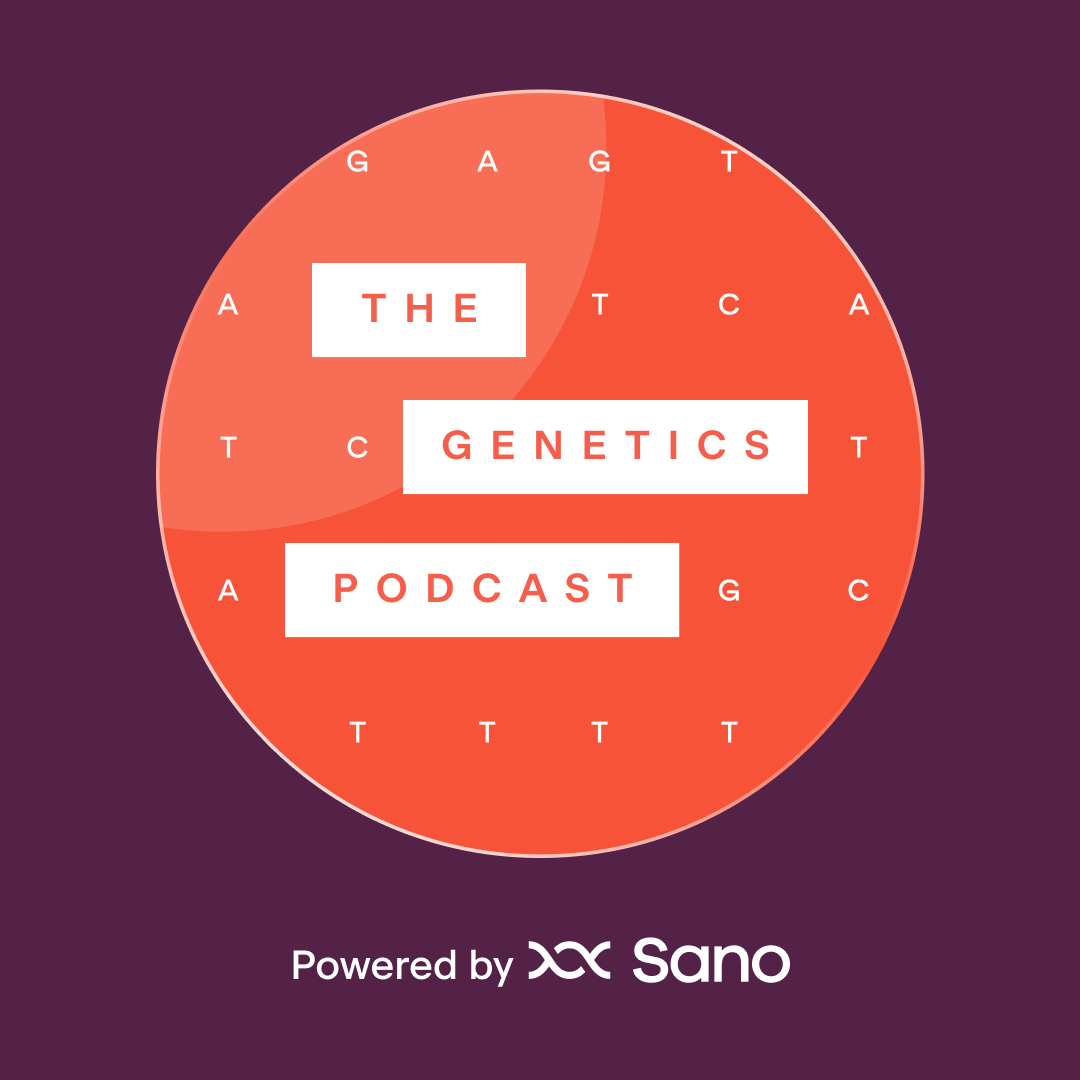EP 110: Educating the next generation of genomics talent, and the intersection of genetics and environment in cancer with Barbara Kraatz Fortini
October 26, 2023

On this episode of The Genetics Podcast we welcome Dr. Barbara Kraatz Fortini, Associate Professor of Genetics at Keck Graduate Institute (KGI). Tune in to learn about Barbara's research on non-coding variants in colorectal cancer and the interplay between genetics and the environment on lifetime cancer risk. As the Program Director for the MS in Human Genetics and Genomic Data Analytics at KGI, Barbara also shares her insights in genomics education for future scientists, physicians, researchers, and counsellors. You don’t want to miss this riveting episode!
On this episode of The Genetics Podcast we welcome Dr. Barbara Kraatz Fortini, Associate Professor of Genetics at Keck Graduate Institute (KGI). Tune in to learn about Barbara's research on non-coding variants in colorectal cancer and the interplay between genetics and the environment on lifetime cancer risk. As the Program Director for the MS in Human Genetics and Genomic Data Analytics at KGI, Barbara also shares her insights in genomics education for future scientists, physicians, researchers, and counsellors. You don’t want to miss this riveting episode!
Timestamps:
0:00 Intro
0:42 A whistle-stop tour of Barbara’s career: an early emphasis on teaching, her desire to cure cancer, and her path to researching the role of genetics in colorectal cancer
04:23 The majority of risk for colorectal cancer comes from non-coding, summative variants in the genome
5:28 Interplay between the environment and genetics in lifetime risk for developing cancer
07:23 Benefits of the highly collaborative nature of genomics research
9:42 The impacts of gene expression from cells to organ systems
12:10 Mysteries in the ultraconservative and noncoding regions of the genome
13:40 Barbara’s role as an educator: how to adapt the genetics curriculum amidst continual discoveries in research and technology, and how she created the MS in Human Genetics and Genomic Data Analysis program
19:50 Promoting retention, accessibility, and innovation in the genetics classroom
22:20 Shifts in genetics education: RNA editing, gene expression, and structural variation
24:40 The incredibly resiliency of the human genome
26:08 Various career paths of Barbara’s students
28:54 Promoting physician genetic literacy
32:30 What Barbara’s students are most excited about: diagnosing rare diseases in infants and promoting diversity and equity in genetics research
35:10 Closing remarks